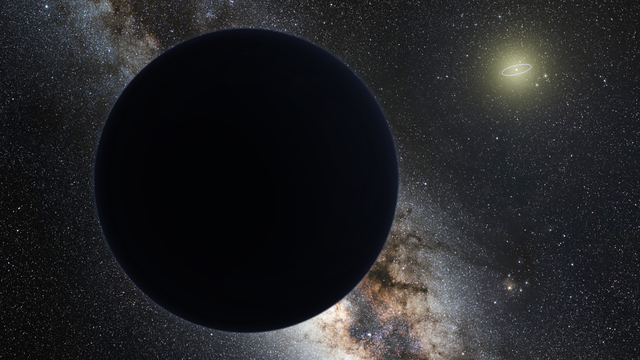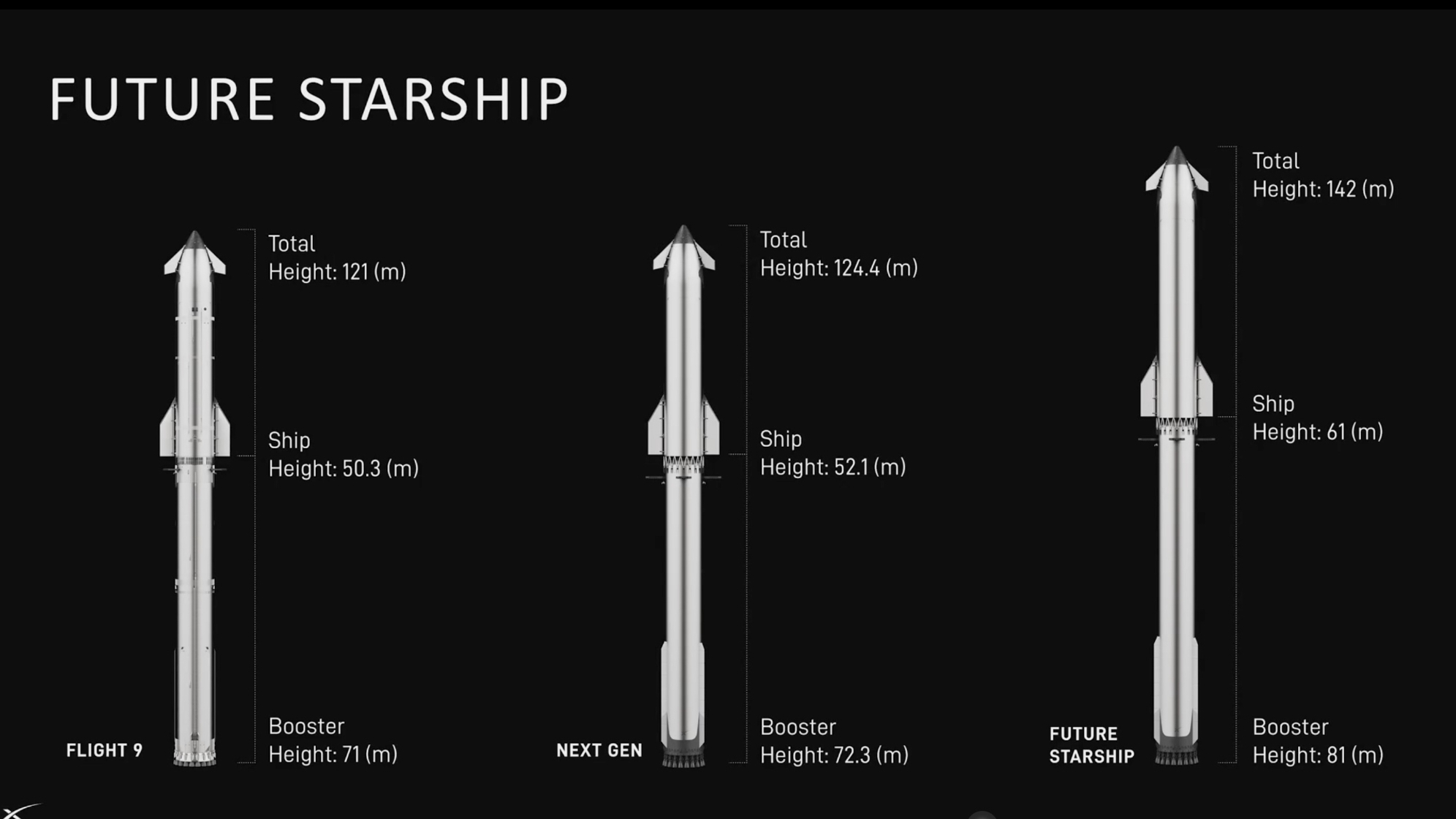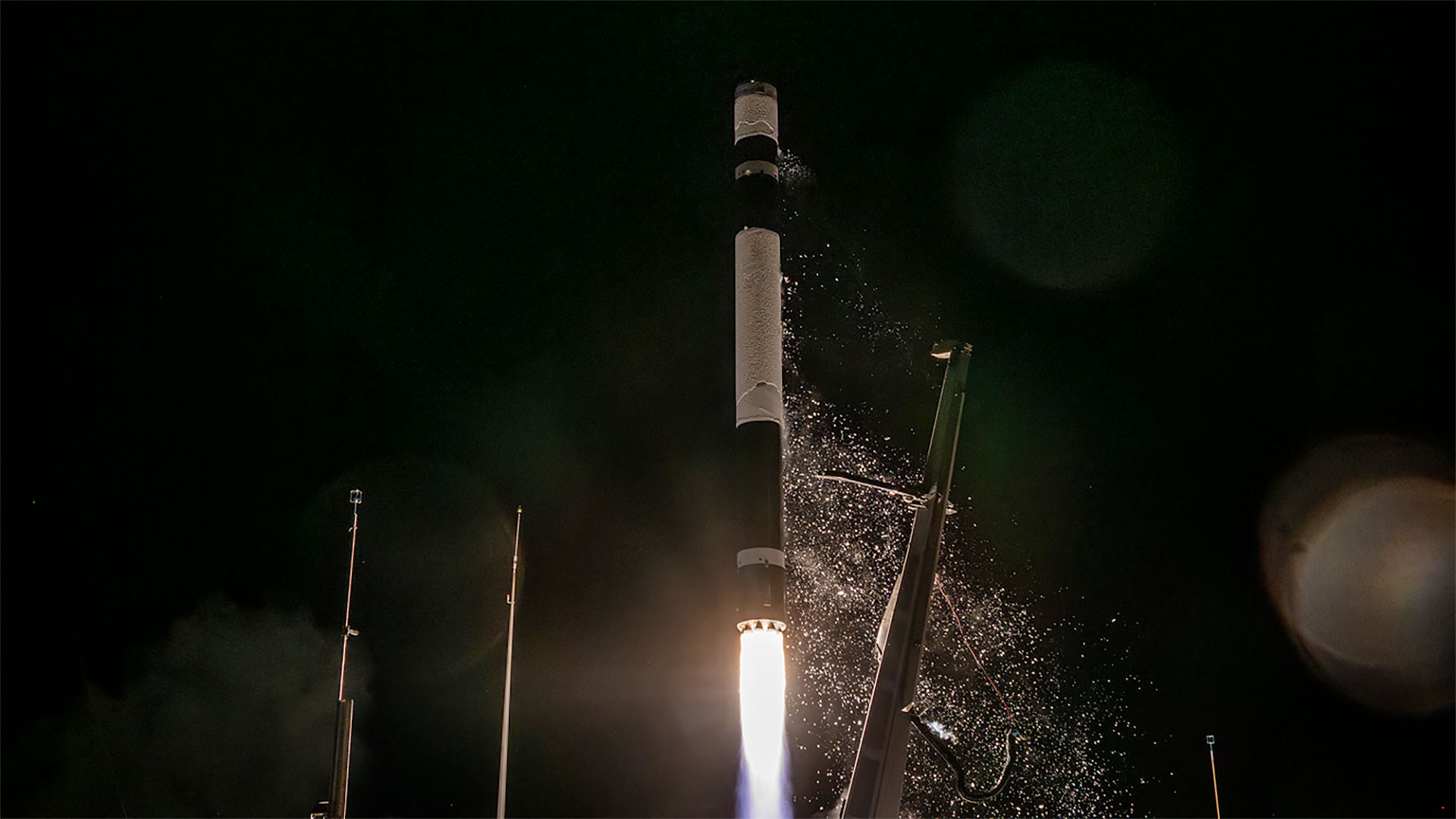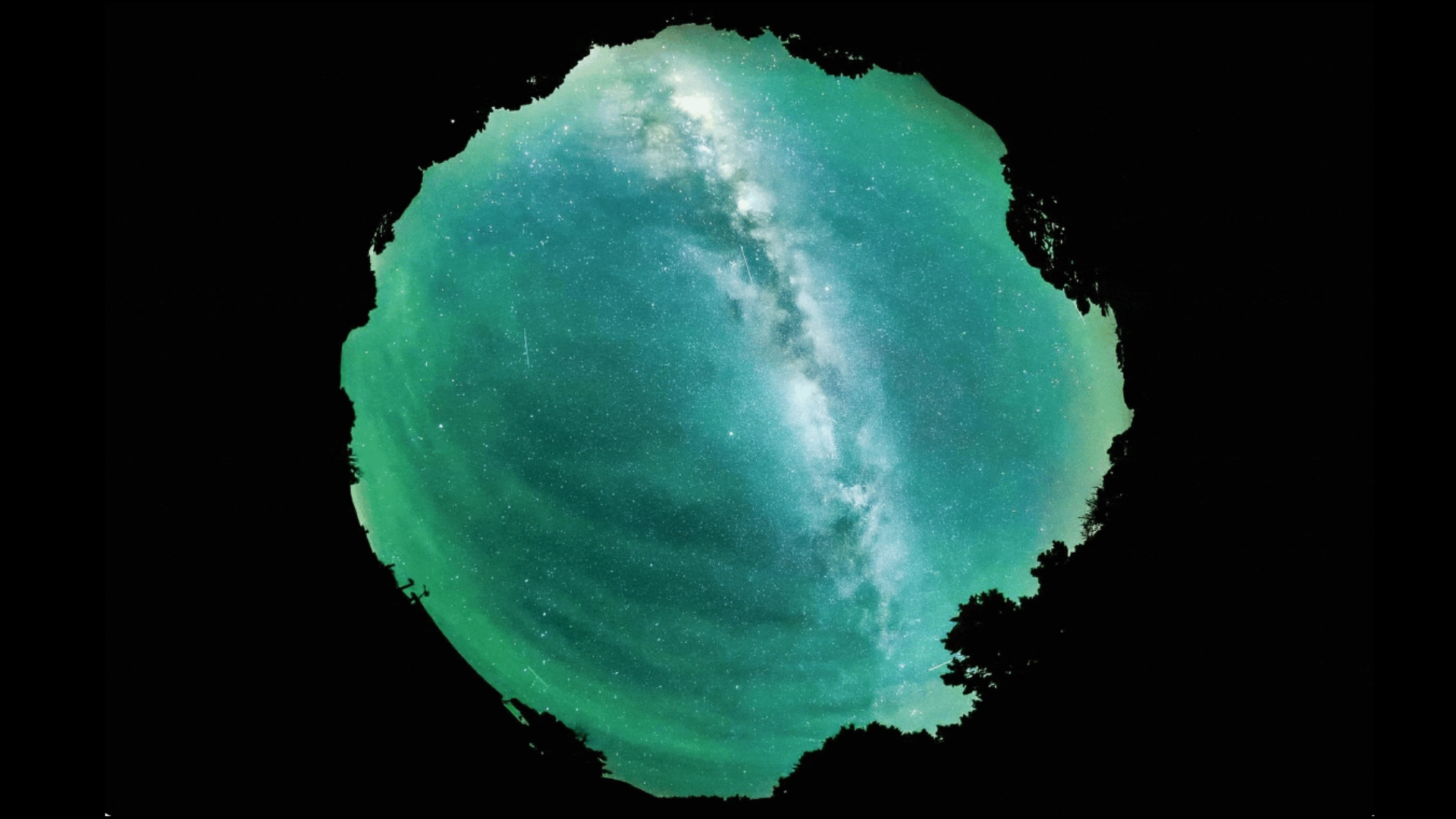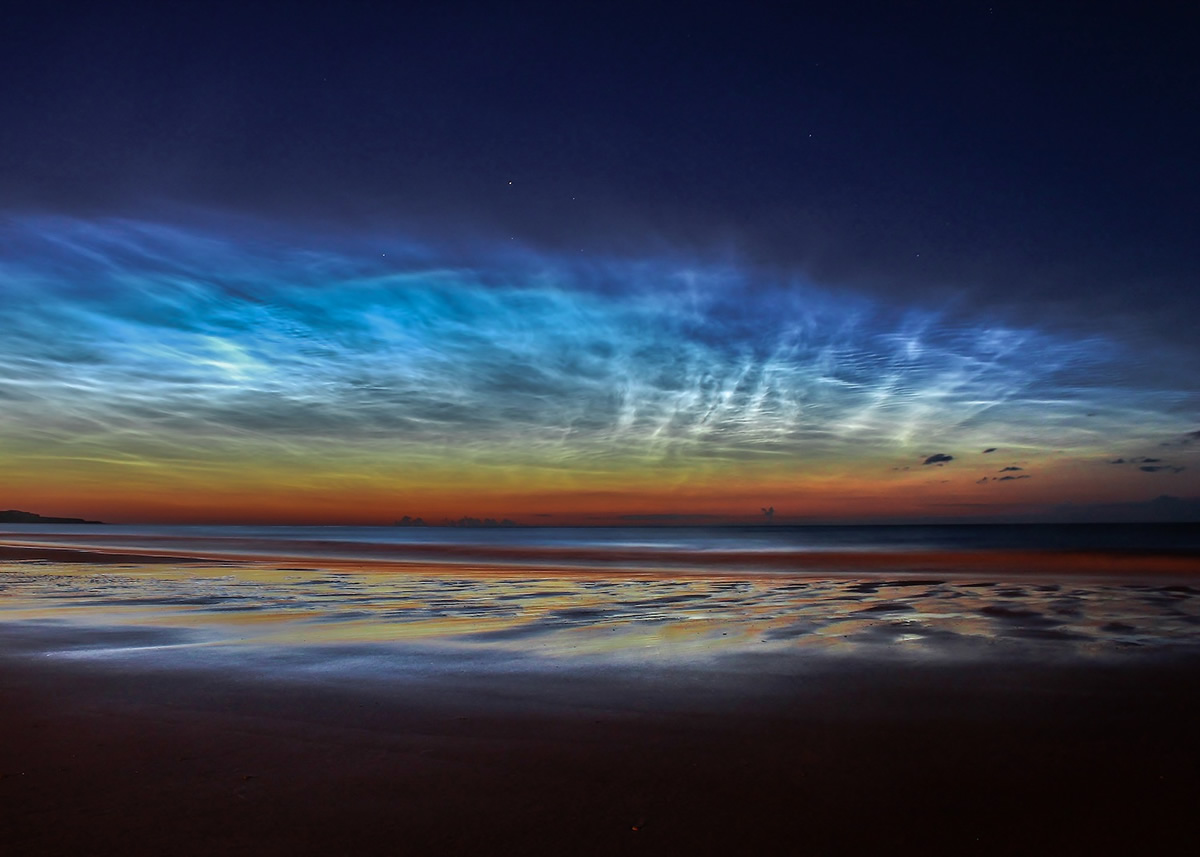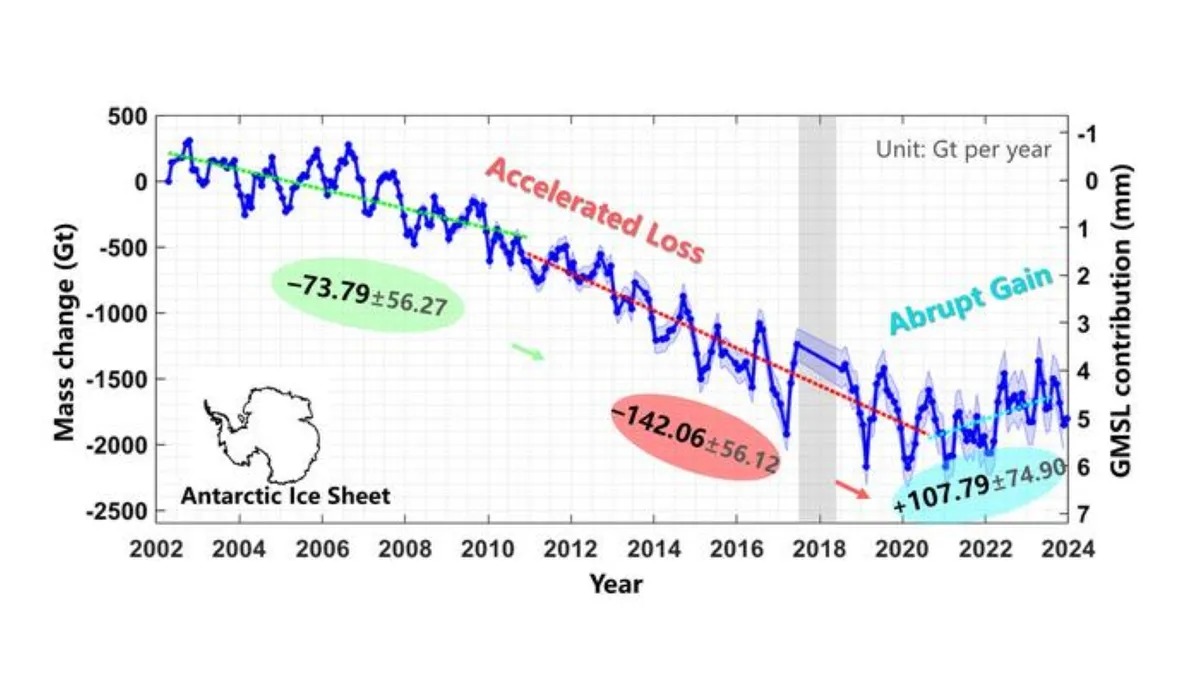A potential new dwarf planet has been discovered in the outer reaches of the solar system, and its existence poses the greatest challenge yet to the hypothesis that a ninth planet lurks far from the sun. “We were very excited to discover 2017 OF201 because it was not expected at all,” study leader Sihao Cheng of the Institute for Advanced Study in Princeton, told Space.com. “It’s very rare to discover an object both large and with an exotic orbit.” “The object’s aphelion — the farthest point on the orbit from…
Read MoreCategory: Solar System
Our solar system
Elon Musk says SpaceX will launch its biggest Starship yet this year, but Mars in 2026 is ’50/50′
SpaceX is still shooting for Mars next year with its giant Starship rocket, despite some recent explosive hiccups with the megarocket. That was one of the takeaways from a new update that Elon Musk just gave about SpaceX‘s plans to help humanity settle the Red Planet — an ambitious goal that has driven the billionaire for decades. “Progress is measured by the timeline to establishing a self-sustaining civilization on Mars,” Musk said in the 42-minute presentation, which SpaceX posted on X on Thursday (May 29), referring to the ongoing work…
Read MoreCanon RF 35mm f/1.4L VCM lens review
Key specs Type: Prime lens Focal length: 35mm Maximum aperture: f/1.4 Lens mount: Canon RF Weight: 19.58 oz / 555 g Dimensions: 3.01×3.90 in / 76.5×99.3 mm Filter thread: 67mm Release date: June 2024 Popular prime lenses for astrophotography often come in at 24mm or wider to allow for capturing a much wider view of the sky with little ground interest, which makes sense. But when you’re incorporating ground elements to act as significant foreground interest, slightly longer focal lengths can be advantageous. This is where 35mm lenses come into…
Read MoreScientists capture never-before-seen plasma streams and bizarre ‘raindrops’ in sharpest-ever view of sun’s outer atmosphere (video)
The sun’s outer atmosphere — the corona — has long intrigued scientists due to its extreme temperatures, violent eruptions and towering prominences — vast filaments of plasma extending out from the solar surface. Visible only during a total solar eclipse and blurred by Earth’s turbulent atmosphere, the corona has remained frustratingly elusive. Until now. Thanks to a breakthrough adaptive optics system called Cona, installed at the 1.6-meter Goode Solar Telescope (GST), operated by NJIT’s Center for Solar-Terrestrial Research (CSTR) at Big Bear Solar Observatory (BBSO) in California, scientists now have…
Read MoreCould time travel tourism be the next space tourism? (op-ed)
Can we journey through time? From H.G. Wells’ “The Time Machine to The Time Traveler’s Wife” by Audrey Niffenegger and “Outlander” by Diana Gabaldon, time travel has captured our imagination for centuries. The concept is ever-present in all forms of sci-fi entertainment, from time-travel movies like Back to the Future and Looper, to time-looping games like The Outer Wilds, and of course, sci-fi novels. It speaks to our deepest regrets and desires — the chance to reconnect with someone now gone, to undo mistakes, or to relive our most precious…
Read MoreWatch Rocket Lab launch private Earth-observing satellite to orbit tonight
Rocket Lab plans to launch an Earth-observing satellite for the company BlackSky tonight (May 28), and you can watch the action live. An Electron rocket is scheduled to lift off from Rocket Lab‘s New Zealand site today at 9:15 p.m. EDT (0115 GMT and 1:15 p.m. New Zealand time on May 29), carrying a “Gen-3” satellite for Virginia-based BlackSky toward low Earth orbit (LEO). Rocket Lab will stream the launch live, beginning 30 minutes before liftoff. You can watch live via the company and here at Space.com if, as expected,…
Read MorePhotographer captures ghostly ripples over Colorado night sky. ‘It is rare to see it directly overhead and moving like that’ (photo)
Ghostly green ripples can be seen in the hazy green airglow above. (Image credit: Aaron Watson/Skies Alive Photography) Beneath the star-drenched skies of Colorado on May 26, as the Milky Way arched into view, photographer Aaron Watson pointed his lens upward — and captured something extraordinary unfolding in the night. “I have seen airglow a lot, but it is rare to see it directly overhead and moving like that,” Watson told Space.com in an email. Watson’s timelapse, captured around 3:30 a.m. local time and spanning about 30 minutes, reveals watery…
Read MoreNoctilucent cloud season 2025 is upon us! Here’s how to spot elusive ‘night-shining’ clouds
Noctilucent cloud season is upon us! Here’s what you need to know about when to catch the spectral phenomenon as we move into the prime viewing season of the summer months. Astronomers and clouds are natural enemies, owing largely to the latter’s habit of obscuring the sky beyond with dense veils of condensed water vapor. One exception to this rule is the appearance of noctilucent clouds — delicate wisps of icy particles that appear to glow a spectral blue in the sun‘s reflected light in the post-sunset and predawn hours.…
Read MoreNASA satellites show Antarctica has gained ice despite rising global temperatures. How is that possible?
Antarctica has gained ice in recent years, despite increasing average global temperatures and climate change, a new study finds. Using data from NASA satellites, researchers from Tongji University in Shanghai tracked changes in Antarctica’s ice sheet over more than two decades. The overall trend is one of substantial ice loss on the continent, but from 2021 to 2023, Antarctica gained some of that lost ice back. However, this isn’t a sign that global warming and climate change have miraculously reversed. Picture a long ski slope with a small jump at…
Read MoreScientists worry Trump’s budget cuts will halt satellite air pollution studies: ‘It’s incredibly short-sighted’
Crucial research into the effects of rocket and satellite air pollution on Earth’s atmosphere is reportedly being cut as part of Donald Trump administration’s cuts to climate science budgets. Experts say the cancellation comes at the worst time and will cause a major setback for the emerging field of science. Research funding for the U.S. National Oceanic and Atmospheric Administration (NOAA) is set to be cut by an estimated $1.52 billion with funding covering climate science to be hit the hardest, according to Science. These cuts are expected to include…
Read More